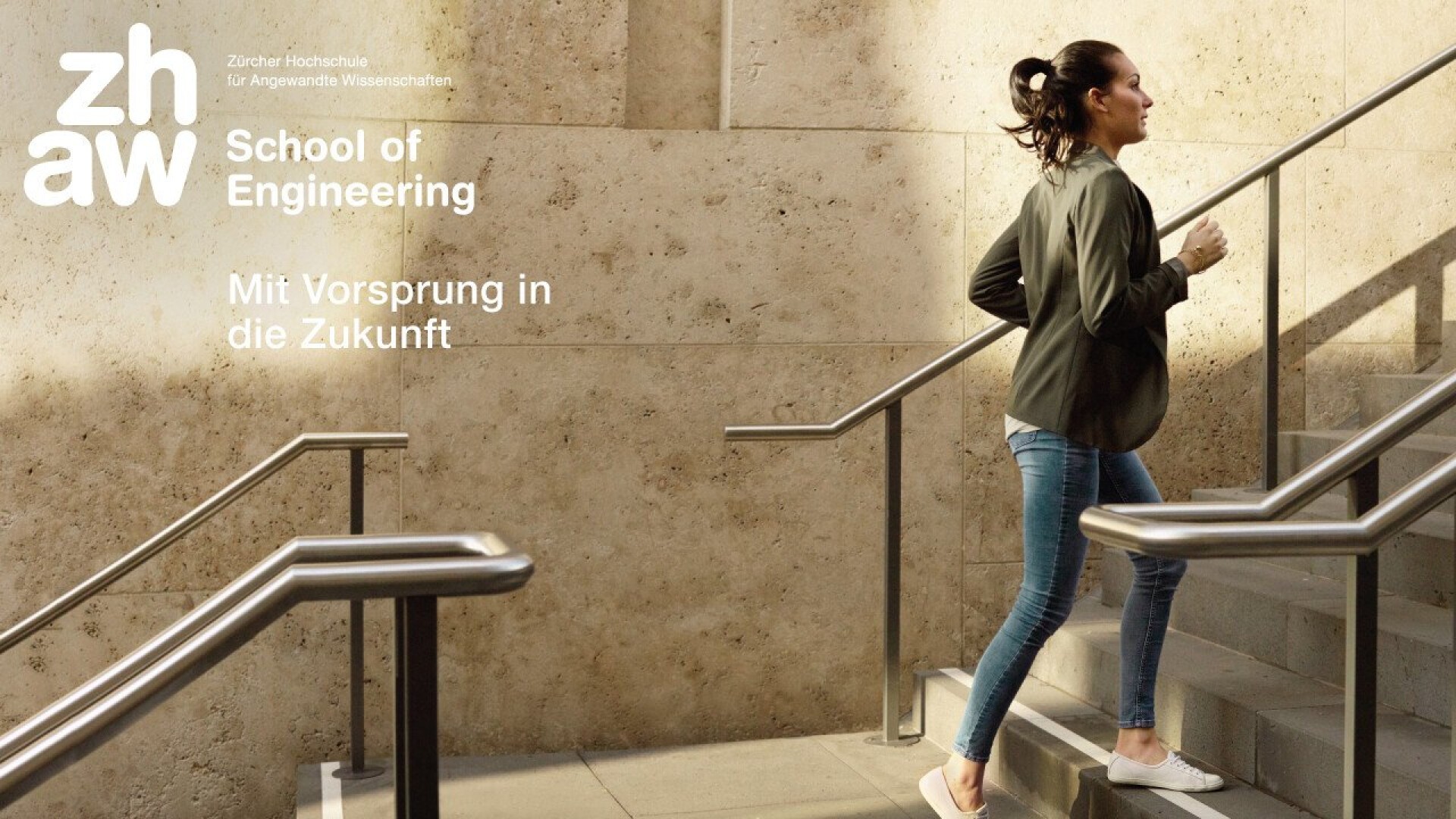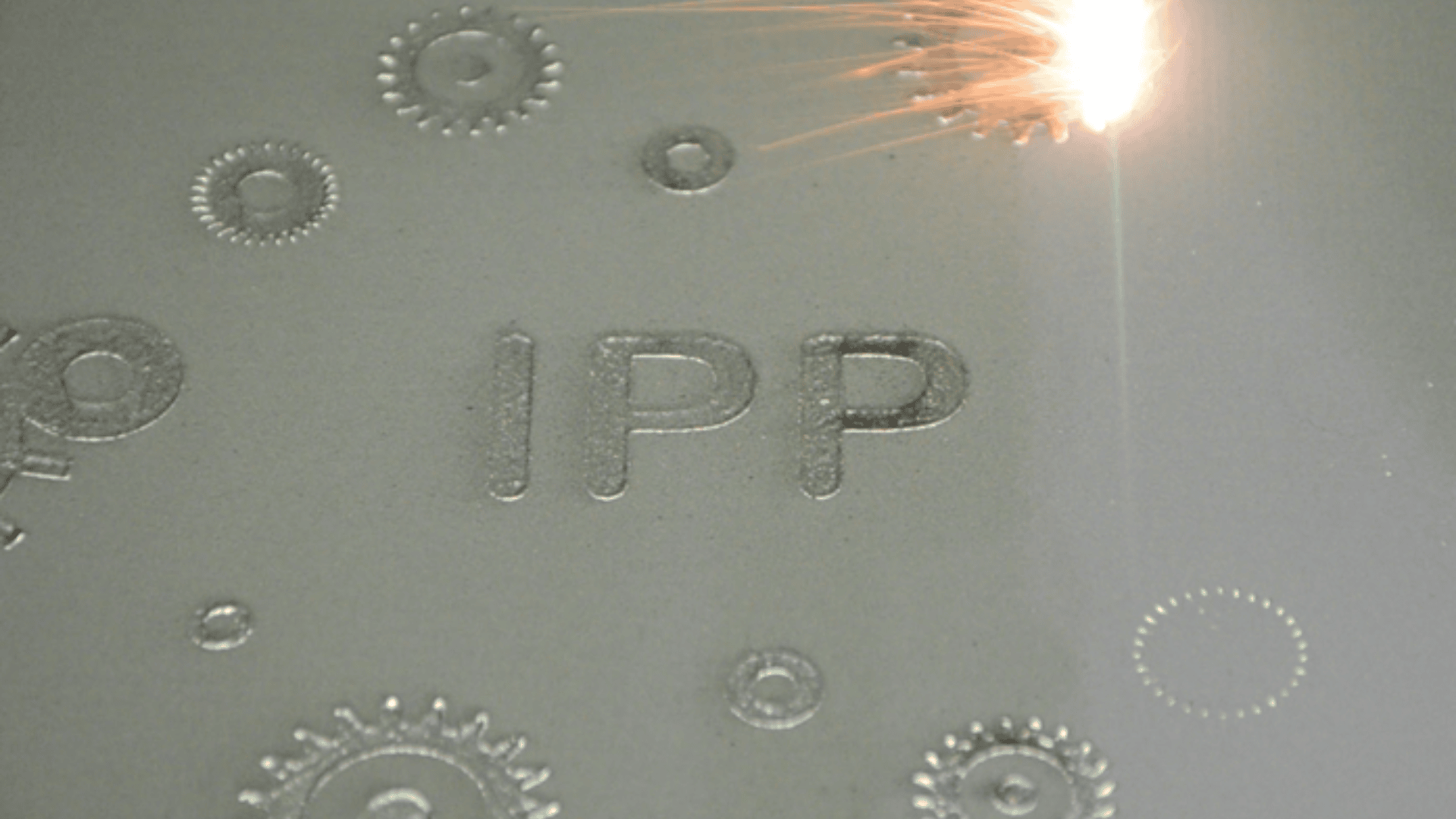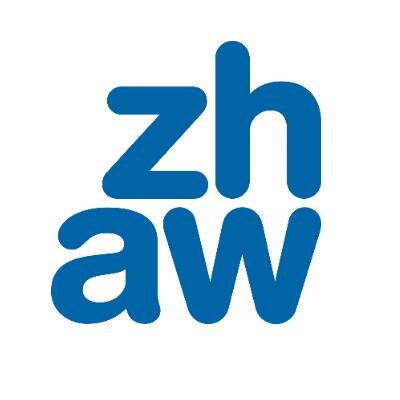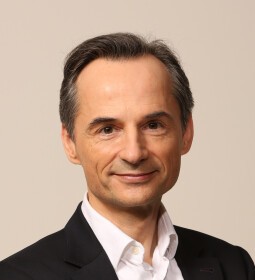Learning to make the most of additive manufacturing
"3D printing" or "additive manufacturing" opens up new possibilities. Their use requires knowledge, training and synthesis with personal experience in order to get the most out of these potentials, both economically and ecologically. The ZHAW supports you in achieving the very best.
Who hasn't experienced it: There are new options in production technology, but also new challenges. The potential of 3D-printing is often caught up in the questions like: Is the newly discovered process an improvement? Can I make my production more efficient? Can I improve my product? How can I increase customer loyalty and customer benefit? How can I implement my ideas more easily or more quickly? How can I get the most out of additive manufacturing?
The Institute of Product Development and Production Technologies (IPP) has been offering training in 3D printing for over 12 years as part of the continuing education program of the School of Engineering at Zurich University of Applied Sciences (ZHAW). Additive manufacturing is constantly evolving around the world and the CAS Additive Manufacturing constantly conveys the relevant developments.
Continuing education as part of a WBK or CAS enables students to immerse themselves deeply in the technologies and process chains, to train and from there to achieve new heights in the development of their own products and production improvements.
The CAS Additive Manufacturing is integrated into the MAS Industry 4.0.
CAS stands for "Certificate of Advanced Studies" and MAS stands for "Master of Advanced Studies". Our participants receive a certificate in CAS Additive Manufacturing that proves their quality in the field of 3D printing and additive manufacturing.
In addition, successful completion of further CASs in the field of Industry 4.0 entitles students to work towards a Master's degree. The CAS Additive Manufacturing continues to be recognized with 12 ECTS (European Credit Transfer System).
We offer an insight into the state of the art and research for tomorrow's developments through our own institutes and the contribution of lecturers from industry, EMPA, FHNW and visits from users of additive manufacturing, such as Sauber Engineering, Ecoparts, Prodartis and 1zu1 Prototypen in Austria. Around 10 university-affiliated lecturers and 10 lecturers from industry provide a comprehensive view of the possibilities and limitations.
The technological knowledge is the basis, while Design for Additive (DfAM) provides the CAS participants with the design guidelines that allow them to get the most out of the respective 3D printing technology.
In the past, our participants were often privately interested in additive manufacturing. In recent years, more and more of our participants have become professionals in their operational area of additive manufacturing and acquire additional knowledge from the other areas in the CAS in order to increase the lead in their company through additive manufacturing technology. The CAS offers both groups the knowledge and the network to better achieve their goals in the field of additive manufacturing.



